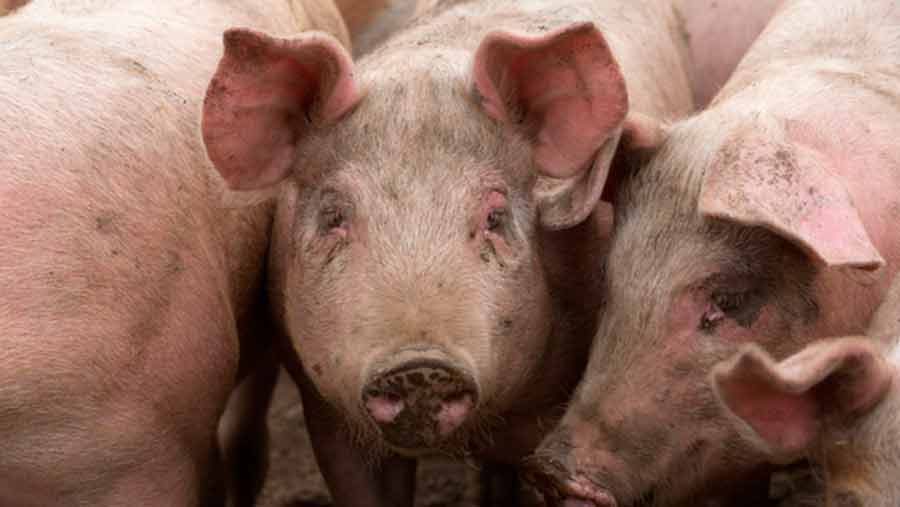Industry push to collect data on pig farm antibiotic use
 © Tim Scrivener
© Tim Scrivener The National Pig Association (NPA) is launching an initiative to collect data on antibiotic use on British pig farms.
It hopes the Pig Industry Antibiotic Stewardship Programme, which will be supported by the Pig Veterinary Society, AHDB Pork and the Veterinary Medicine Directorate (VMD), will lead to minimum use of antibiotics by pig producers.
NPA senior policy adviser Dr Georgina Crayford says the British pig industry has a duty to ensure it does not contribute to antibiotic resistance caused by over-use and misuse.
“Overall sales of antibiotics for use in livestock in the United Kingdom and sit mid-range compared to other European Union countries,” she says.
“We acknowledge the current perception that antibiotic use in our pig industry may be higher than in some other countries, but we don’t have any data to demonstrate what our actual on-farm usage is, hence the need for action.”
See also: ‘Disturbing’ antibiotics resistance found in Chinese pigs
Therefore, the first aim of the initiative will be to collect data on the use of antibiotics in the British pig industry through a new e-medicines book developed and recently unveiled by AHDB Pork and VMD.
Once sufficiently populated, pig farmers will be able to compare their antibiotic use with anonymised data from other producers, then work with vets to reduce their reliance on the medicines.
The NPA programme is made up of six strands:
- Capture and collect antibiotic use data recorded on pig farms
- Benchmark each farm’s antibiotic use against other farms of a similar type
- Extend education in effective disease control strategies
- Reduce antibiotic use, consistent with responsible human and food-animal medicine
- Promote veterinary prescribing principles to strictly limit the use of antibiotics of critical importance to human health
- Appoint Stewardship Commissars who will continually review industry’s use of antimicrobials and champion initiatives
“We recognise and share society’s concerns about the level of antibiotic use in human and livestock medicine,” says Dr Zoe Davies, NPA chief executive. “In particular we acknowledge the risk, albeit small, of antibiotic resistance developing in bacteria in pigs and this resistance spreading to humans.”
Bacteria resistant to colistin was discovered on three pig farms in the UK late last year.
Following the discovery, the Pig Veterinary Society re-classified colistin as a Class 3 antimicrobial, meaning it should only be prescribed as a “last-resort when no other options are available.”
It also recently reclassified amoxycillin/clavulanic acid as a Class 3 antibiotic.
